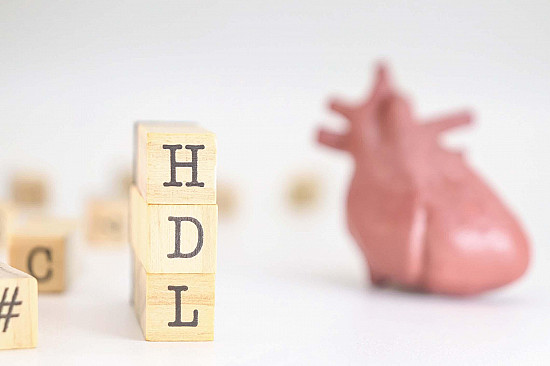Ask the doctor: Do I need to worry about high triglycerides if I have normal cholesterol?
Fortunately, triglyceride levels respond to intensive lifestyle changes, including a program of weight loss, diet, and exercise. Losing 5% to 10% of your body weight, exercising at moderate intensity on most days, and eating healthy unsaturated fats instead of saturated ones can lower your triglyceride levels by 20% to 50%. Also limit fructose, the sugar found in fruit, to less than 100 grams per day. Avoid white bread and sugar-sweetened soft drinks. Include plenty of vegetables, high-fiber whole grains, and unsaturated fats—especially omega-3 fatty acids from fish such as salmon, herring, and sardines—in your diet.
To continue reading this article, you must log in.
Subscribe to Harvard Health Online Plus (HHO+) to unlock expert-backed health insights, personalized tools, and exclusive resources to feel your best every day.
Here’s what you get with your HHO+ membership:
- Unlimited access to all Harvard Health Online content
- 4 expertly curated newsletters delivered monthly
- Customized website experience aligned to your health goals
- In-depth health guides on topics like sleep, exercise, and more
- Interactive features like videos and quizzes
- Members-only access to exclusive articles and resources
I’d like to subscribe to HHO+ for $4.99/month to access expert-backed content to help make smart, informed decisions about my well-being.
Sign Me UpAlready a member? Login ».
Disclaimer:
As a service to our readers, Harvard Health Publishing provides access to our library of archived content. Please note the date of last review or update on all articles.
No content on this site, regardless of date, should ever be used as a substitute for direct medical advice from your doctor or other qualified clinician.















